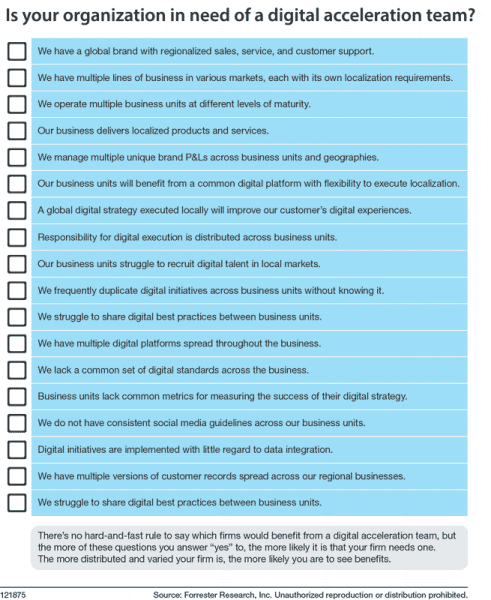 Changing regulations, economic pressure, high customer expectations, digital evolutions, fintech disruptions and a constantly growing unstructured data deluge present the global financial services industry (from retail banking and leasing to insurance) with a series of unprecedented challenges. At the center of it all: the pervasive ways in which digital technologies get adopted by consumers, competitors and newcomers.
Changing regulations, economic pressure, high customer expectations, digital evolutions, fintech disruptions and a constantly growing unstructured data deluge present the global financial services industry (from retail banking and leasing to insurance) with a series of unprecedented challenges. At the center of it all: the pervasive ways in which digital technologies get adopted by consumers, competitors and newcomers.
From a customer perspective, for instance, it’s a well-known fact that the speed at which consumers embrace new channels and technologies by far outpaces the speed at which financial organizations – and, in fact, most organizations, adapt and catch up with the customer experience expectations of increasingly mobile, digital and channel-agnostic customers. This adapting and catching up with customer service and experience expectations is what a lot of digital transformation projects are really about and they aren’t enough anymore. It’s also about predicting and being pro-active. About streamlining processes to focus on what is profitable today and tomorrow. And about speed and acceleration.
The warning signs – digital (fast) or perish
The impact of all these digital challenges, driven by consumer adoption and the ways technologies provide competitive benefits to best in class digital businesses, is huge.
Analysts, consulting firms, trade media and experts fire warning shot after warning shot. How else can we interpret articles with titles such as “Traditional Banks At Risk Due to Digital Disruption” or “Insurance firms slow to adapt to digital disruption, warns Forrester“?
Doing more with less is an on-going business mantra but economic changes have made it a particular focus for the financial sector with an additional focus on speed. The industry is going through crucial transformations as companies are challenged and often even disrupted by challengers who are more agile, customer-centric, innovative or simply faster on the path of digital business. Forrester’s Nigel Fenwick even predicts a new business paradigm for financial services.
[blockquote author=”The Financial Brand”]Digital shifts inside and outside the industry are rapidly changing the information flows and the way that financial firms and customers interact. (source)[/blockquote]
Intelligent information at the center of digital transformation and customer value
Information, turned into actionable knowledge and efficient processes, is at the center of these transformations. It’s the lifeblood of today’s knowledge economy and a key element to improve customer experience, increase efficiency and invest for the future.
New competitors who focus on the digital and channel-agnostic customer, along with better digital channels and information/data processes are a reality. Smartphones, social and new digital channels have joined the telephone and email as channels for customer interaction, engagement and service. The huge volume of unstructured data that is received as a consequence of all the new channels and devices poses a challenge from both an individual customer’s view and information management perspective.
Customers expect accuracy and responsiveness – or at least access to self-service – across all channels 24/7. They want digital channels and consistency as Accenture insurance industry research clearly shows. An inability to meet their expectations can have a far-reaching impact. The pressure is on financial institutions to distinguish themselves through consistent, reliable delivery of what the customer wants and how the landscape is evolving. It’s becoming harder to let traditions holding financial institutions back from the needed changes and slowness is simply not an option.
[blockquote author=”ComputerWorld”]The gulf between digital insurance innovators and other firms is expanding (source)[/blockquote]
Digital acceleration – the right information but faster and better than ever
Using a mature and intelligent holistic information management approach, financial service providers can reduce costs, enabling them to automate several processes and use the resources they thus save to innovate, get up to speed and close the gap with customers and competitors.
Furthermore, it’s not just about costs. Intelligent information management and connecting the dots, data and processes are key to “digitally accelerate”. Forrester’s Nigel Fenwick added a graphic to a recent blog post about the need of a digital acceleration team. One of the elements to gauge whether an organization needs such a digital acceleration team: “digital initiatives are implemented with little regard to data integration”.

At the center of it all is the customer – and along with him – actionable information under the good old – but probably more important than ever – adage “the right information at the right time etc.” with time being a key element. It needs to happen faster, better and smarter than before.
Top image purchased under license from Shutterstock

